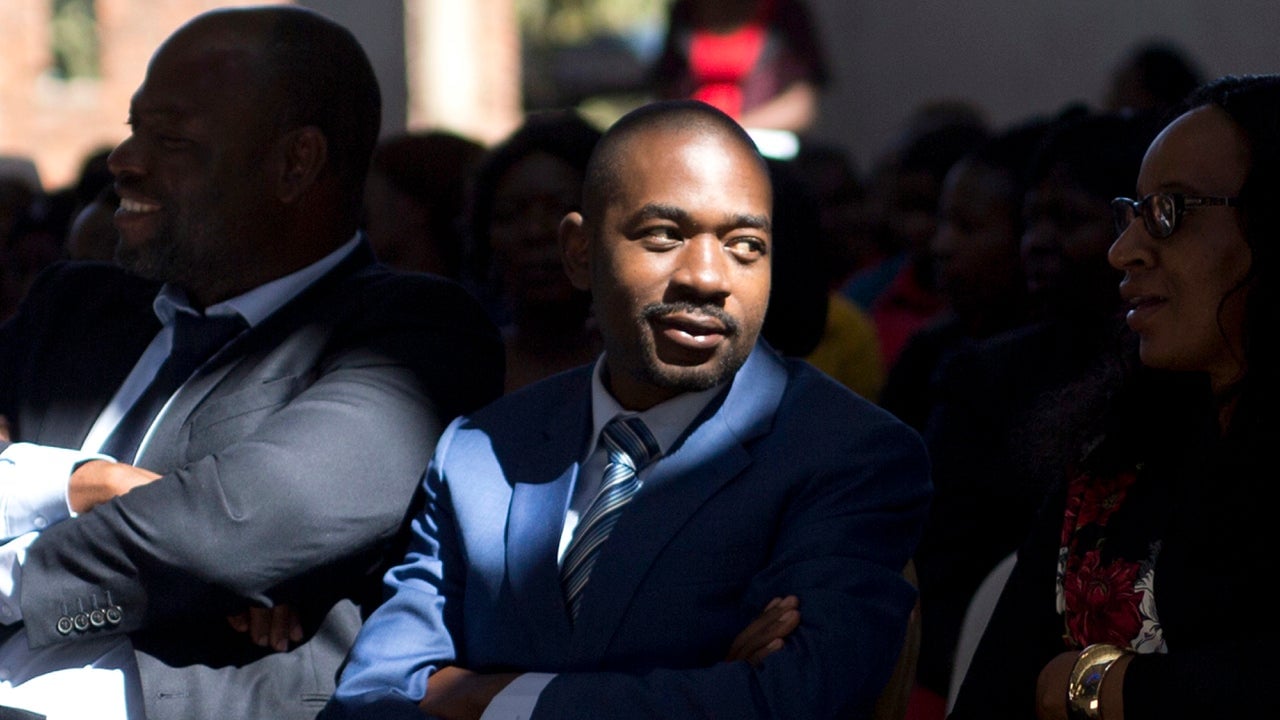The first major test of post-Mugabe Zimbabwe will be livestreamed—via the state
Zimbabwe’s opposition is challenging the result of last month’s election, and for the first time the court proceedings are being livestreamed. The move toward transparency, however, has been tainted by the country’s legacy of oppression.


Zimbabwe’s opposition is challenging the result of last month’s election, and for the first time the court proceedings are being livestreamed. The move toward transparency, however, has been tainted by the country’s legacy of oppression.
Broadcasting the whole Constitutional Court hearing, which started today (Aug. 22), signals a new openness and allows Zimbabweans in the diaspora to monitor events. At the same time, it shows all the ways a post-Mugabe Zimbabwe has not changed.
Led by Nelson Chamisa, the Movement for Democratic Change charges that “gross mathematical errors” by the Zimbabwe Electoral Commission led to Zanu-PF’s victory. Chamisa lost the presidential vote to Emmerson Mnangagwa by 44.3% to 50.8%. (Journalists at the press conference where Chamisa first announced his plans to challenge the results were harassed by police.)
It’s not the first time the opposition has challenged a Zanu-PF win, but this level of transparency for an important court proceeding is unprecedented in a country where the state has led crackdowns on basic freedoms.
Zimbabwe Broadcasting Corporation (ZBC), the state broadcaster, has been granted the rights and only 10 journalists have been accredited to sit inside the court. ZBC is livestreaming the hearing on Facebook and is charging other potential broadcasters as much as $13,000 for access to the feed. This leaves other digital outlets largely left out.
The Zimbabwe chapter of the nonprfit Media Institute of Southern Africa approached the court for livestreaming rights, but was turned down in favor of the state broadcaster. ZBC has been criticized for its lack of independence and many Zimbabweans rely on other media, including social media platforms such as Facebook and YouTube, to get their news and information. The $13,000 fee is simply too much for most small, privately-owned outlets. Pay-television service Kwese TV, owned by the country’s largest telecoms group Econet Wireless, is broadcasting the proceedings at a cost of $1 to the viewer, under a partnership with Malaysia-headquartered on-demand service iFlix.
The election, and the fallout from the result, spurred internet usage in Zimbabwe. In the first quarter of the year, as campaigning was under way, the number of internet users increased by 3.6%, to 7.2 million compared to the same period last year, Zimbabwe’s communications regulator said in July.
Mobile data accounted for 98% of this new usage. Facebook and WhatsApp account for nearly half of all internet traffic in Zimbabwe, according to the Posts and Telecommunications Regulatory Authority of Zimbabwe. WhatsApp was instrumental in galvanizing opposition against former president Robert Mugabe, while Facebook is a key link for the millions of Zimbabweans living abroad in countries like South Africa, the United States and the United Kingdom. Throughout the election, Twitter was the preferred platform for politicians on both sides.
“Social media puts us in the digital age and there should really be no problem for livestreaming,” Harare-based social media strategist Godknows Homwe told Quartz. “This shows that we haven’t accepted or assimilated issue of digital, we still have stringent policies on digital acceptance and this is hindering our progress.”